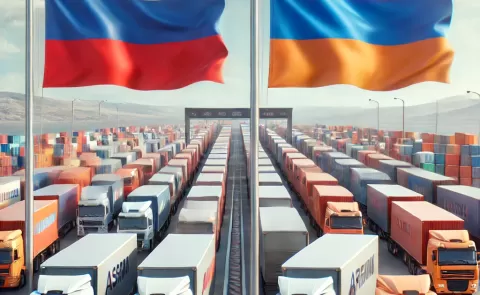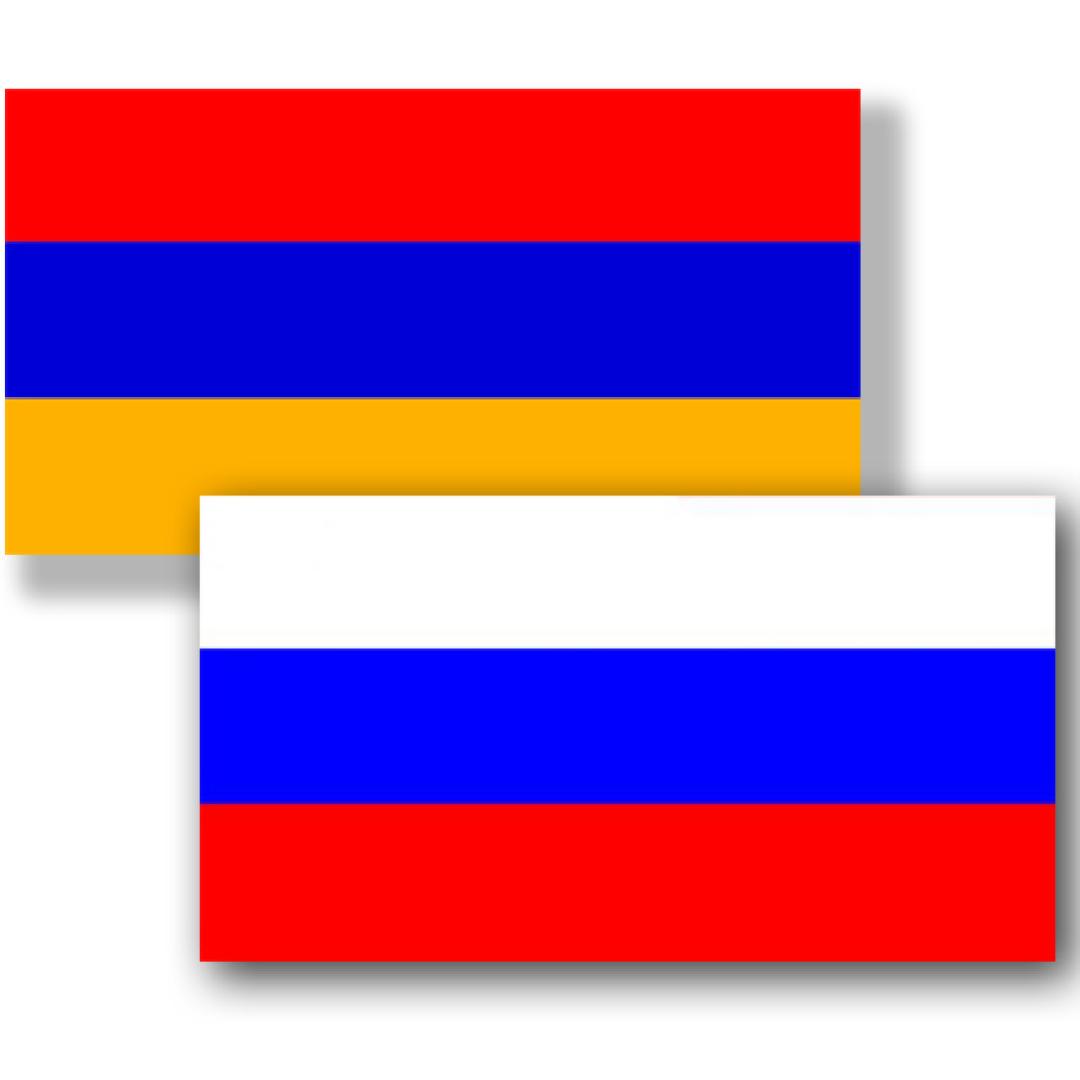
Russian ambassador to Armenia on the current state of affairs between the two countries

On 11 September, Russia’s Ambassador to Armenia Sergey Kopirkin, in a Special Opinion program on the YouTube channel of Novosti-Armenia News Agency, talked about the current state of affairs between the two countries, touching on a variety of topics, reported arka.am.
Kopirkin first pointed out that in terms of trade turnover and investments, Russia ranks first among Armenia's partners, saying that Russia’s share in the country is almost at 50%. Speaking about the ongoing joint economic projects, the diplomat noted that the extension of the Armenian Nuclear Power Plant’s life or the readiness of Gazprom-Armenia to invest about $ 130 million in the infrastructure modernization in the next four years speak for themselves.
He also emphasized the importance of joint participation in the development of integration processes, recalling the development of the EurAsEC development strategy and targets for common markets. “An important topic now is the development of interaction in the areas of new technologies and information technologies. Yandex is actively working here, and this is a whole complex project that entails a lot of positive consequences from the point of view of service. I know that Yandex Taxi is working closely with the Armenian government, giving its proposals and ideas for this sector to develop successfully,” he said. Kopirkin also spoke on the ties between cities, including Moscow, in particular, through the "smart city" programs, where exchange and interaction takes place.
Touching on the topic of military cooperation, Kopirkin said that there are “a lot of things going on, including the creation of some joint ventures“ between Russia and Armenia.” “The production of the Kalashnikov concern was recently opened. There is an understanding on both sides that joint production, and not just buying and selling or deliveries on preferential terms, but some kind of interaction in this area is a promising direction,” he added.
Speaking on the issue of regional security, Kopirkin said that no country is interested in peace and stability in the South Caucasus as much as Russia. “We [Russia] are present here - our military base, our border guards are here. That is, this is not something theoretical; for Russia the South Caucasus is not an object of some geopolitical games, but part of the fate of our citizens including. Therefore, here we are a very interested player in this regard,” he said. He noted that Russia's actions are based on a common approach in regard to the Nagorno-Karabakh conflict.
“We believe that this conflict cannot be resolved by force. Negotiations are needed, peace is needed, but it goes without saying that the parties themselves must make decisions and come to an agreement. Russia, for its part, is doing everything necessary to create conditions for such a development of the situation,” he added.
The Russian ambassador also spoke on his country’s contribution in combating the Covid-19 pandemic in Armenia. He said that Armenia and Russia have maintained contacts specifically related to the Covid-19 vaccine. “There is a vaccine, even two, judging by the information that is available. We are in contact with the competent Armenian authorities regarding the vaccine. There are certain proposals. This is a topic that is not only in sight, but also in joint development,” he said.
He also noted that during the period of the pandemic, Russia provided Armenia with the test systems and reagents in order to conduct more than 100,000 tests. Kopirkin also pointed out that a modern mobile diagnostic laboratory has been operating in Armenia for six months under the auspices of the Russian defence ministry. He says that it is racing against time to make as many tests as possible. The laboratory has made more than 17,000 tests to date. He added that joint steps were taken within the Eurasian Economic Union to ensure the necessary economic and social measures to stabilize the situation, "so that there are no crisis phenomena in the Union countries.”
See Also


Armenia and Russia Reaffirm Strategic Ties Amid Speculation of Strained Relations

Sergey Naryshkin Accuses Britain of Destabilizing Georgia

Armenia Records 5.9% GDP Growth in 2024, Missing 7% Goal

Yerevan Balances Strategic Ties with Both US and Russia, Says Foreign Minister

